-
×
 Laurus Nobilis Bay Leaf Tree, Sweet Bay Leaf Live Plant Tree, Bay Laurel Tree, 6-8" In Tall
$29.99
Laurus Nobilis Bay Leaf Tree, Sweet Bay Leaf Live Plant Tree, Bay Laurel Tree, 6-8" In Tall
$29.99 -
×
 2 Pound Seed Potatoes, Potato Seeds For Planting, Seed Potatoes For Fall Spring Planting , Seed Potatoes For Planting, Potato Seeds, Mixed Potatoes
$29.99
2 Pound Seed Potatoes, Potato Seeds For Planting, Seed Potatoes For Fall Spring Planting , Seed Potatoes For Planting, Potato Seeds, Mixed Potatoes
$29.99 -
×
 Lemon Cucumber Seeds, 50 Cucumber Plant Seeds, Cucumber Seeds For Planting Outdoors Indoors, Vegetable Seeds
$8.49
Lemon Cucumber Seeds, 50 Cucumber Plant Seeds, Cucumber Seeds For Planting Outdoors Indoors, Vegetable Seeds
$8.49 -
×
 Mexican Petunias Live Plants, Mexican Petunias Live Plants Pink, Mexican Petunia Ruellia 8 Inch Tall, 6 Inch Pot
$25.99
Mexican Petunias Live Plants, Mexican Petunias Live Plants Pink, Mexican Petunia Ruellia 8 Inch Tall, 6 Inch Pot
$25.99 -
×
 Murraya Koenigii Curry Leaf Plant Live - 14-16 Inch Tall, Half Gallon Pot - Sweet Neem Tree - Ideal for Fresh Herb Planting
$56.99
Murraya Koenigii Curry Leaf Plant Live - 14-16 Inch Tall, Half Gallon Pot - Sweet Neem Tree - Ideal for Fresh Herb Planting
$56.99 -
×
 Ice Cream Banana Plant - Blue Java Banana Tree - 4 Inch Live Plant - No Pot
$31.89
Ice Cream Banana Plant - Blue Java Banana Tree - 4 Inch Live Plant - No Pot
$31.89 -
×
 Mixed Tall Dianthus Plants Live Carnation Planting Perennial, Very Fragrant
$18.99
Mixed Tall Dianthus Plants Live Carnation Planting Perennial, Very Fragrant
$18.99 -
×
 Peach Tree Live Plant, Sweet Peach Tree, 3-4 Feet Tall in 3 Gallon Pot for Full Sun
$179.99
Peach Tree Live Plant, Sweet Peach Tree, 3-4 Feet Tall in 3 Gallon Pot for Full Sun
$179.99 -
×
 5 Jack In The Pulpit Bulbs - For Planting, Jack In The Pulpit for Flowering
$19.99
5 Jack In The Pulpit Bulbs - For Planting, Jack In The Pulpit for Flowering
$19.99 -
×
 Purple Campanula Plant, Campanula Flower Plant 4 Inches Tall In Pot, Fall Flower Plant For Growing
$25.99
Purple Campanula Plant, Campanula Flower Plant 4 Inches Tall In Pot, Fall Flower Plant For Growing
$25.99 -
×
 American Persimmon Tree Live Plant - 10 to 12 Inch Tall, Persimmon Fruit Tree for Planting, Hardy and Well-Rooted
$29.98
American Persimmon Tree Live Plant - 10 to 12 Inch Tall, Persimmon Fruit Tree for Planting, Hardy and Well-Rooted
$29.98 -
×
 Rare Coleus Plant Live Houseplant, In 4 Inch Pot, Stunning Coleus Flowers Plant for Outdoor Gardens Home Decoration
$29.99
Rare Coleus Plant Live Houseplant, In 4 Inch Pot, Stunning Coleus Flowers Plant for Outdoor Gardens Home Decoration
$29.99
Up to - 14%
Dragon Fruit Plants Live Set – Starter Plants for Garden – 3-6 Inches
Original price was: $66.88.$57.55Current price is: $57.55.
Grow your own exotic fruit! This set includes 3 Dragon Fruit Plants Live, perfect as starter plants for your garden. Plants are 3-6 inches tall and ready to thrive in zones 10-11.
Estimated arrival
Dec 19
Dec 24 - Dec 26
Dec 29 - Jan 02
Shipping and return policies: Our 30-Day Plant Health Guarantee covers issues with your plants within the first 30 days. Get in touch with us via email, and our team will review your concerns and, if necessary, provide you with a one-time replacement at no cost.

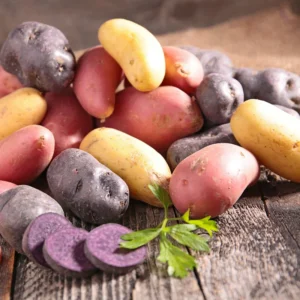 2 Pound Seed Potatoes, Potato Seeds For Planting, Seed Potatoes For Fall Spring Planting , Seed Potatoes For Planting, Potato Seeds, Mixed Potatoes
2 Pound Seed Potatoes, Potato Seeds For Planting, Seed Potatoes For Fall Spring Planting , Seed Potatoes For Planting, Potato Seeds, Mixed Potatoes 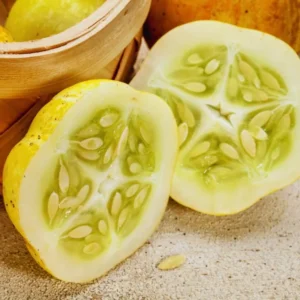 Lemon Cucumber Seeds, 50 Cucumber Plant Seeds, Cucumber Seeds For Planting Outdoors Indoors, Vegetable Seeds
Lemon Cucumber Seeds, 50 Cucumber Plant Seeds, Cucumber Seeds For Planting Outdoors Indoors, Vegetable Seeds 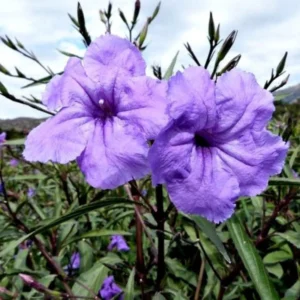 Mexican Petunias Live Plants, Mexican Petunias Live Plants Pink, Mexican Petunia Ruellia 8 Inch Tall, 6 Inch Pot
Mexican Petunias Live Plants, Mexican Petunias Live Plants Pink, Mexican Petunia Ruellia 8 Inch Tall, 6 Inch Pot 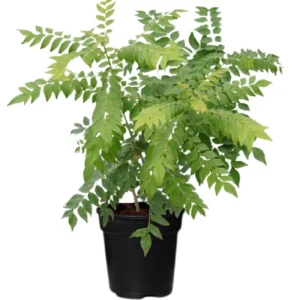 Murraya Koenigii Curry Leaf Plant Live - 14-16 Inch Tall, Half Gallon Pot - Sweet Neem Tree - Ideal for Fresh Herb Planting
Murraya Koenigii Curry Leaf Plant Live - 14-16 Inch Tall, Half Gallon Pot - Sweet Neem Tree - Ideal for Fresh Herb Planting 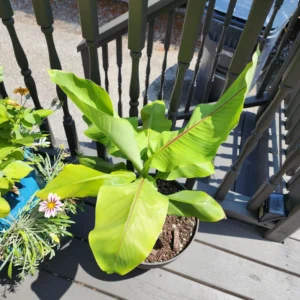 Ice Cream Banana Plant - Blue Java Banana Tree - 4 Inch Live Plant - No Pot
Ice Cream Banana Plant - Blue Java Banana Tree - 4 Inch Live Plant - No Pot  Mixed Tall Dianthus Plants Live Carnation Planting Perennial, Very Fragrant
Mixed Tall Dianthus Plants Live Carnation Planting Perennial, Very Fragrant 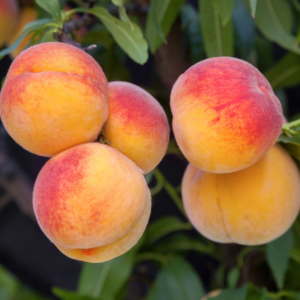 Peach Tree Live Plant, Sweet Peach Tree, 3-4 Feet Tall in 3 Gallon Pot for Full Sun
Peach Tree Live Plant, Sweet Peach Tree, 3-4 Feet Tall in 3 Gallon Pot for Full Sun 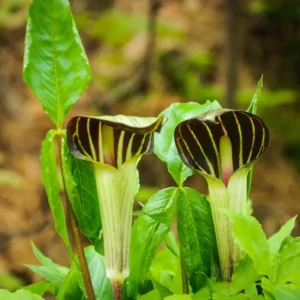 5 Jack In The Pulpit Bulbs - For Planting, Jack In The Pulpit for Flowering
5 Jack In The Pulpit Bulbs - For Planting, Jack In The Pulpit for Flowering 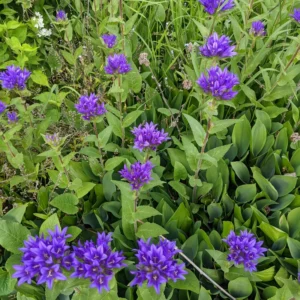 Purple Campanula Plant, Campanula Flower Plant 4 Inches Tall In Pot, Fall Flower Plant For Growing
Purple Campanula Plant, Campanula Flower Plant 4 Inches Tall In Pot, Fall Flower Plant For Growing 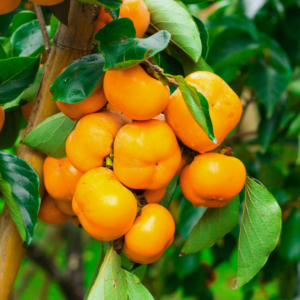 American Persimmon Tree Live Plant - 10 to 12 Inch Tall, Persimmon Fruit Tree for Planting, Hardy and Well-Rooted
American Persimmon Tree Live Plant - 10 to 12 Inch Tall, Persimmon Fruit Tree for Planting, Hardy and Well-Rooted 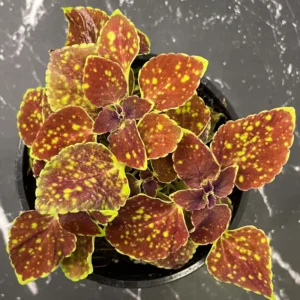 Rare Coleus Plant Live Houseplant, In 4 Inch Pot, Stunning Coleus Flowers Plant for Outdoor Gardens Home Decoration
Rare Coleus Plant Live Houseplant, In 4 Inch Pot, Stunning Coleus Flowers Plant for Outdoor Gardens Home Decoration 
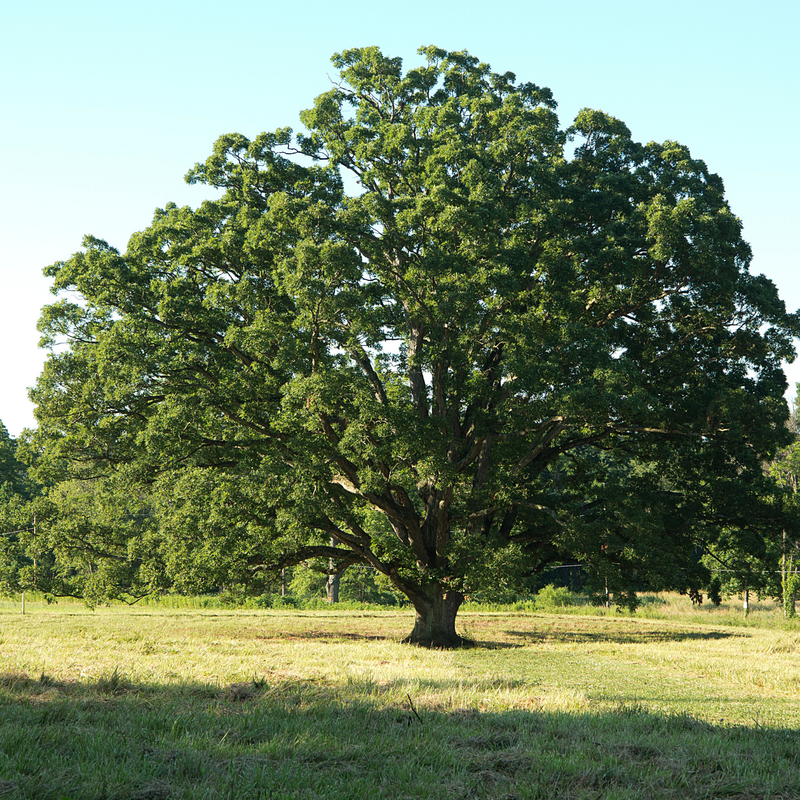

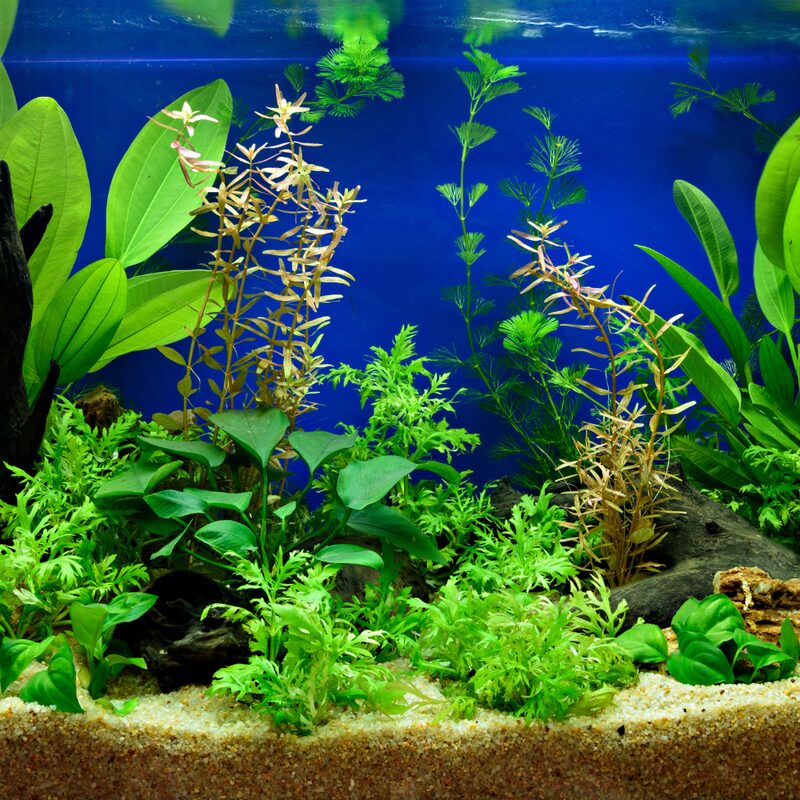
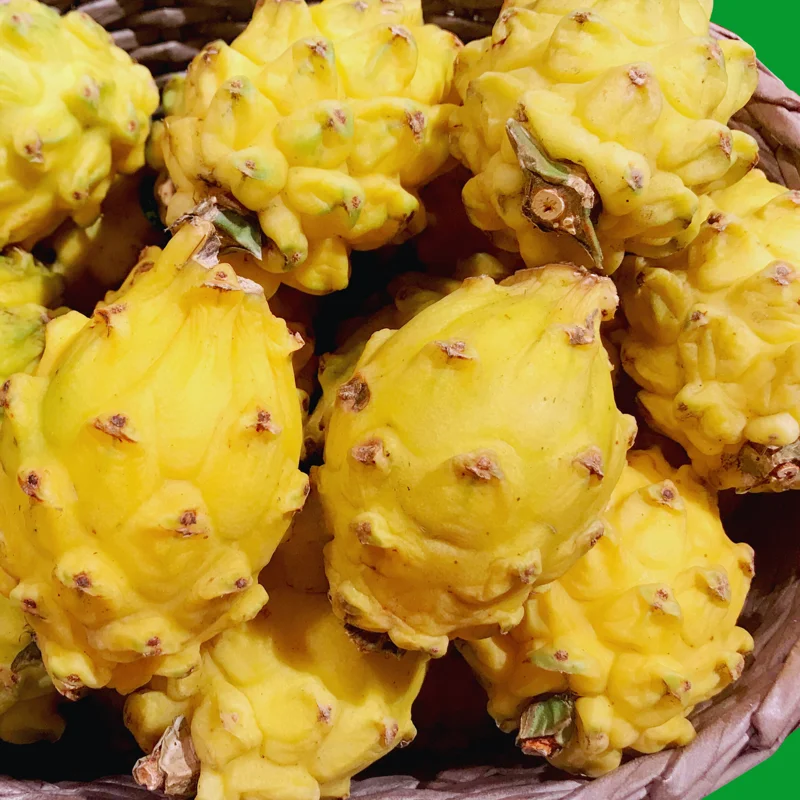
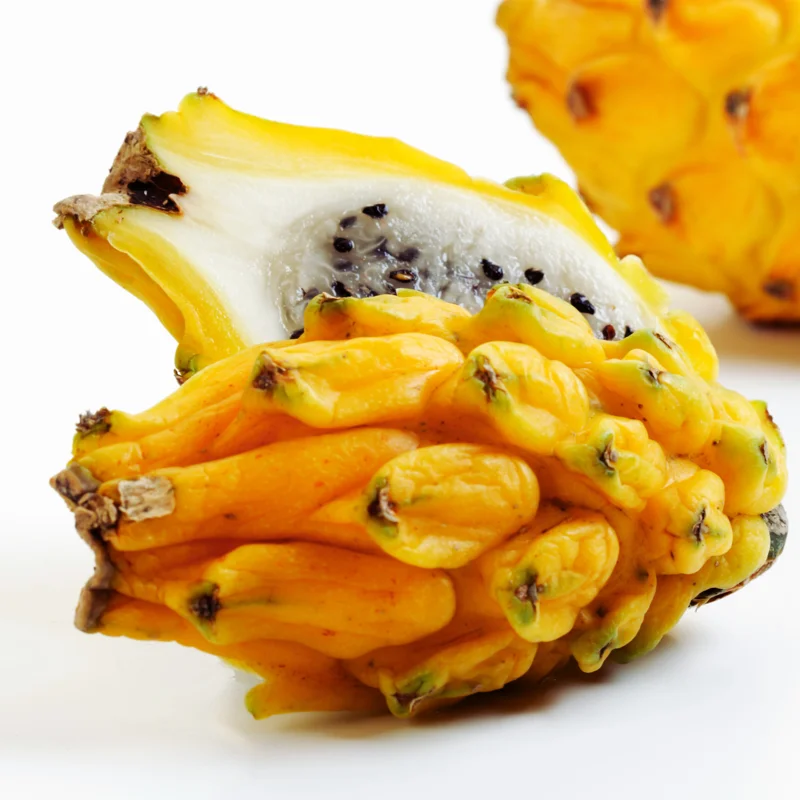
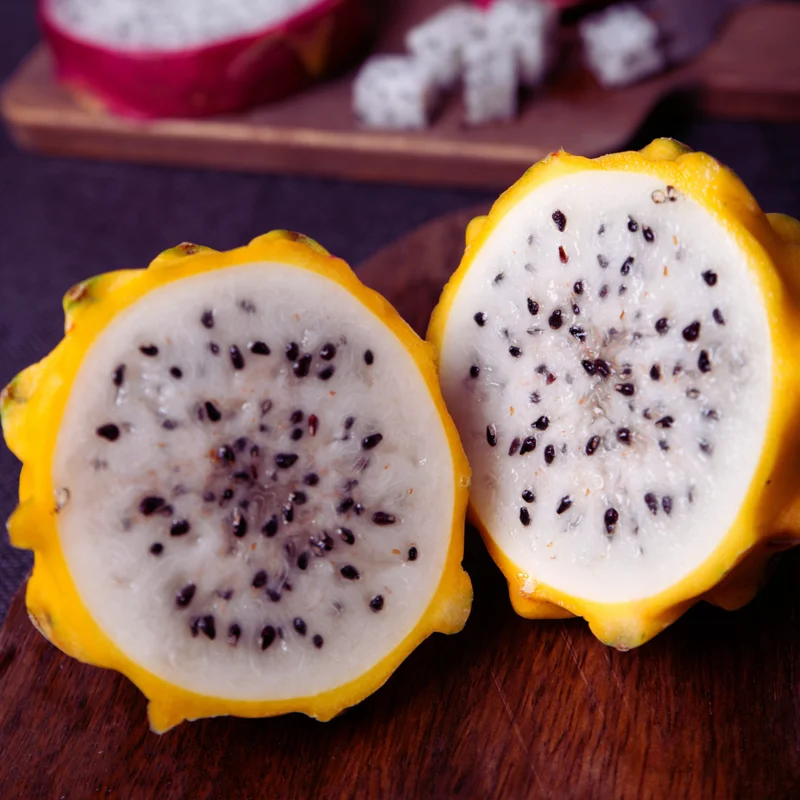
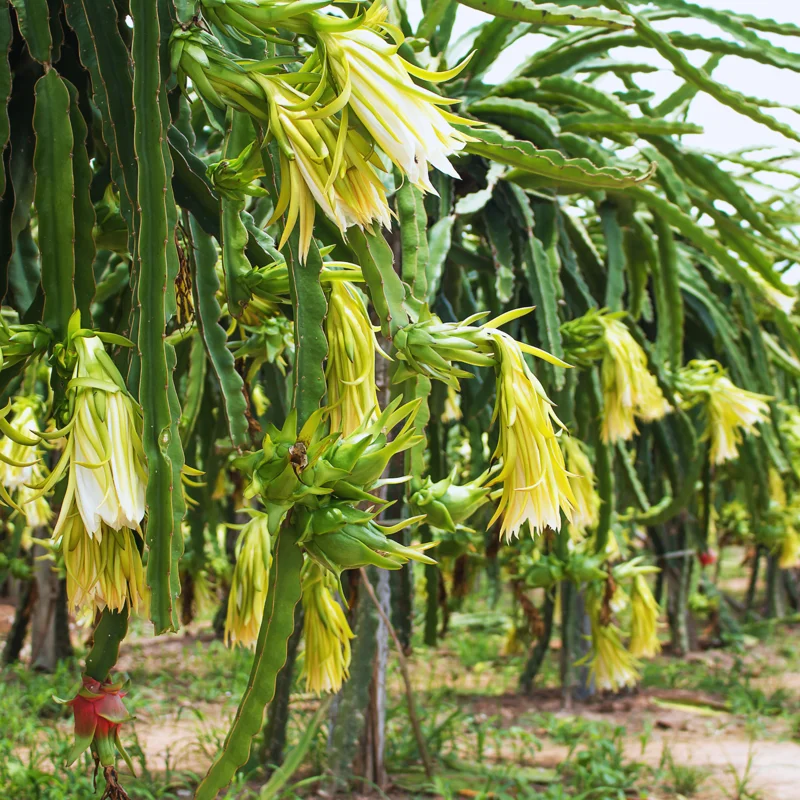
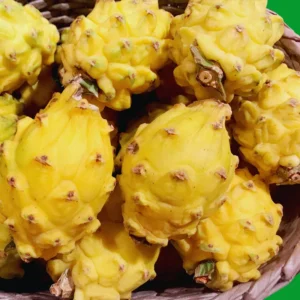
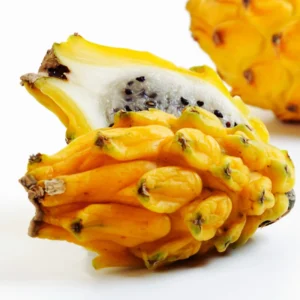
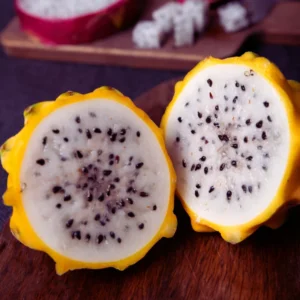
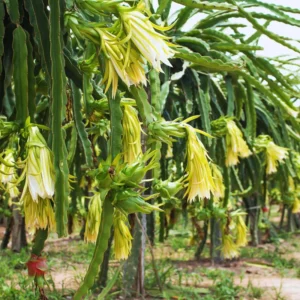
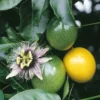

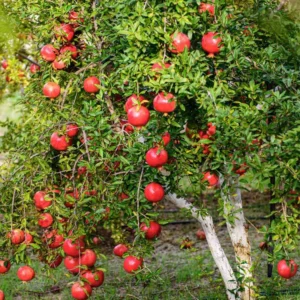


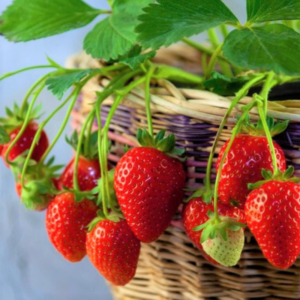

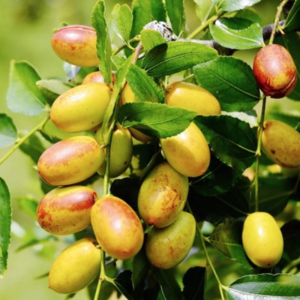


Reviews
There are no reviews yet.